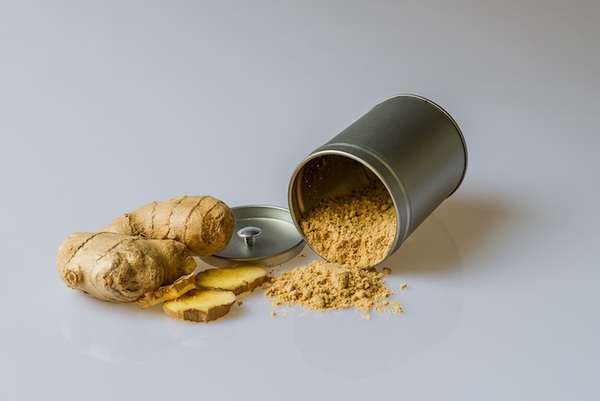An Exploration of a Honey-Ginger Supplement as an Antimicrobial Agent
(1) Lowell High School, Lowell, Massachusetts
https://doi.org/10.59720/16-004
Many bacterial strains have become resistant to antibiotics, such as methicillin, novobiocin,
vancomycin, and penicillin. Due to the increase in antimicrobial resistance, alternative medicinal therapies are being explored. Studies have shown that honey and ginger alone have antimicrobial effects on the genera Staphylococcus and Escherichia, including S. epidermidis and E. coli. This study tested whether a honey-ginger supplement, Jengimiel™, could be used as an antimicrobial agent against S. epidermidis and E. coli K-12. The data showed that Jengimiel™ exhibited no antimicrobial activity against either S. epidermidis or E. coli K-12, and therefore should not be used as an antimicrobial agent against these organisms. The limitations of this study include the fact that perhaps this supplement does not contain a high enough concentrations of honey and/or ginger in order to observe an antimicrobial effect in our studies. Future testing should explore whether or not different concentrations of this supplement would inhibit the growth of these organisms, as well as other bacterial species. It would also be worth exploring whether or not this supplement serves as a prebiotic, stimulating the growth of these bacterial strains.
This article has been tagged with: